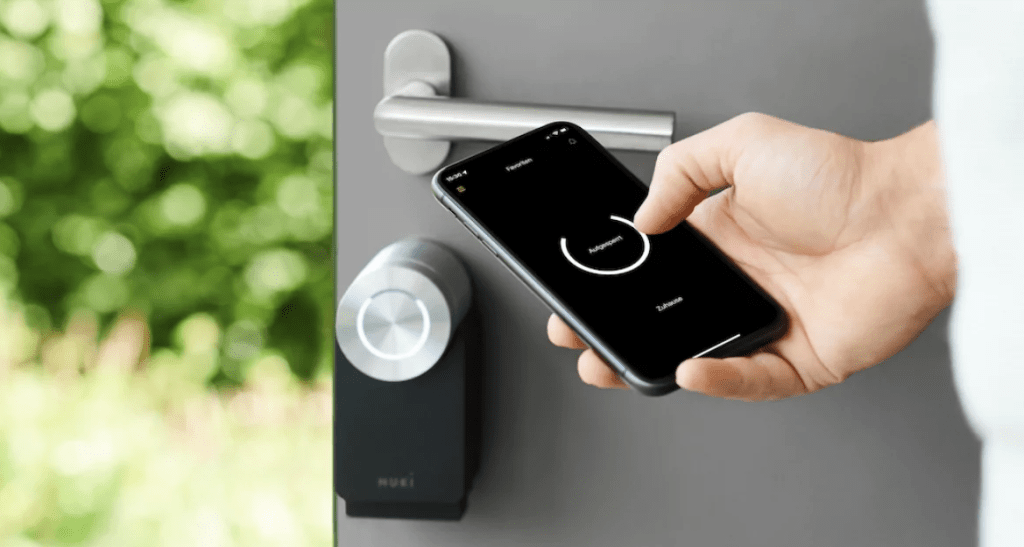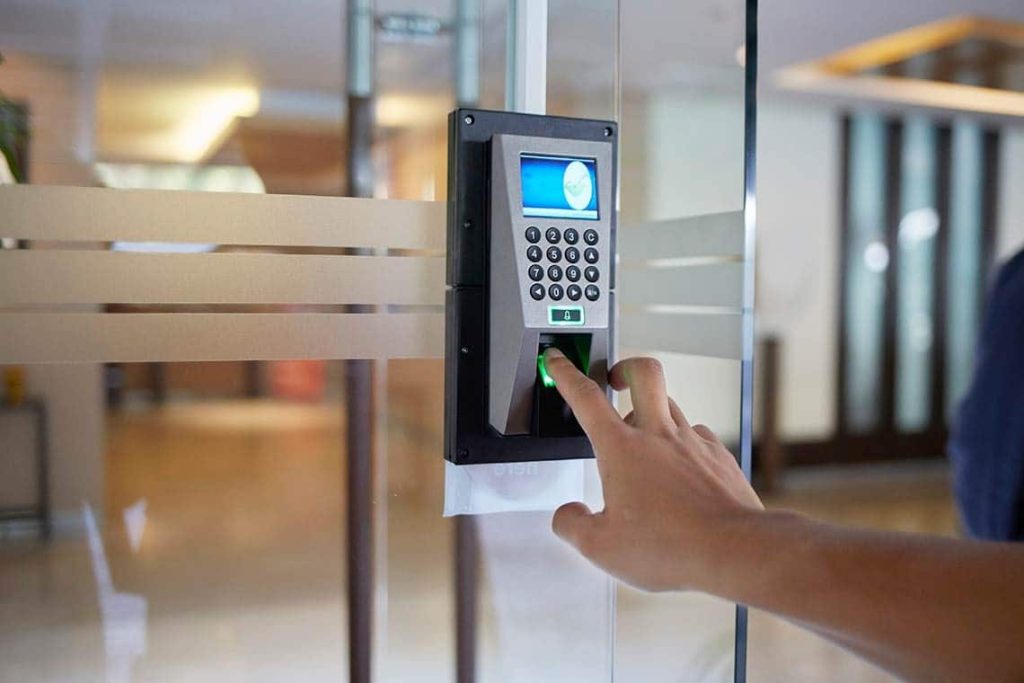Homeowners are increasingly focusing on reducing their ecological footprint and enhancing property security amid rising sustainability and safety concerns. The intersection of technology and daily living has introduced solutions that address these pressing issues head-on.
One such solution is integrating advanced electrical devices into a single intelligent system. These setups efficiently manage energy consumption, enhance home security, and adapt seamlessly to individual needs. This innovative approach defines a smart home, making it an essential feature of modern living.
In this blog, we’ll explore how smart homes achieve these remarkable feats, what technologies are driving their success, and how reputable energy brands play a vital role in implementing them.
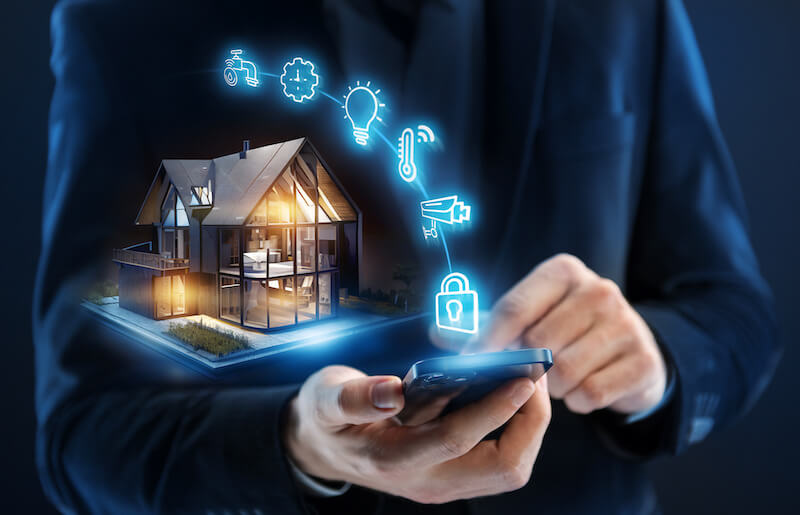
Optimizing Energy Efficiency
One of the most notable advantages of a smart home is its ability to improve energy efficiency. These homes employ advanced systems, such as smart thermostats, automated lighting, and energy-monitoring devices, to optimize power usage. For instance:
Smart Thermostats: These devices learn household habits and adjust temperature settings automatically. By heating or cooling spaces only when necessary, they reduce unnecessary energy consumption.
Automated Lighting Systems: Smart lighting solutions enable users to control electrical equipment remotely, ensuring lights are switched off when not in use. Occupancy sensors and daylight-detection features further reduce energy wastage.
Energy-Monitoring Tools: By employing real-time monitoring equipment, homeowners can identify high-energy-consuming devices and make adjustments to reduce their carbon footprint.
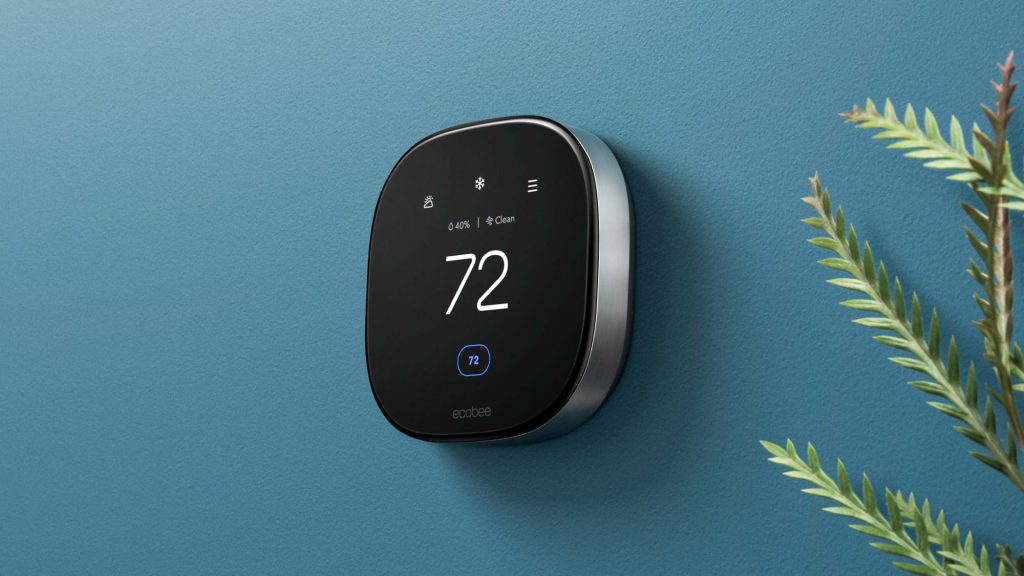

Strengthening Home Security
These systems incorporate cutting-edge equipment that offers round-the-clock monitoring and instant alerts. Key features include:
Smart Surveillance Cameras: These devices provide high-definition video feeds accessible from any location, ensuring homeowners can monitor their property remotely. Features like motion detection and night vision add an extra layer of security.
Smart Locks and Access Control: These instruments employ biometric authentication or passcodes, offering advanced protection against unauthorized access. Temporary codes can also be generated for visitors, eliminating the need for traditional keys.
Intrusion Detection Systems: Smart sensors integrated with windows and doors detect unusual activities, immediately notifying homeowners or security providers.
By incorporating such intelligent devices, smart homes create a safer living environment while offering unmatched convenience.
Balancing Energy Efficiency and Security
The true strength of a smart home lies in its ability to balance energy efficiency with robust security. For example, energy-efficient outdoor lighting can also deter potential intruders. Similarly, smart devices, like thermostats, can be programmed to simulate occupancy during vacations, adding a layer of security without consuming excessive energy.
Moreover, these systems employ centralized control hubs, allowing users to manage all equipment via a single interface. Whether adjusting the thermostat, turning off unused appliances, or checking security cameras, homeowners can easily monitor and manage everything.
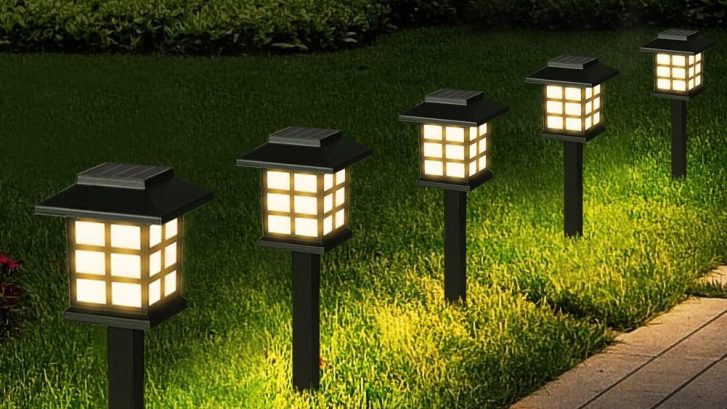

Using IoT for Seamless Integration
By interconnecting multiple devices, Internet of Things (IoT)-enabled systems ensure seamless communication between electrical instruments. By interconnecting multiple devices, IoT-enabled systems ensure seamless communication between electrical instruments. For instance:
Smart meters communicate with energy providers to optimize power usage based on real-time demand.
AI-powered assistants integrate with lighting, HVAC systems, and security devices, offering personalized recommendations and insights.
By employing IoT technology, smart homes maximize both efficiency and security while creating a more intuitive user experience.
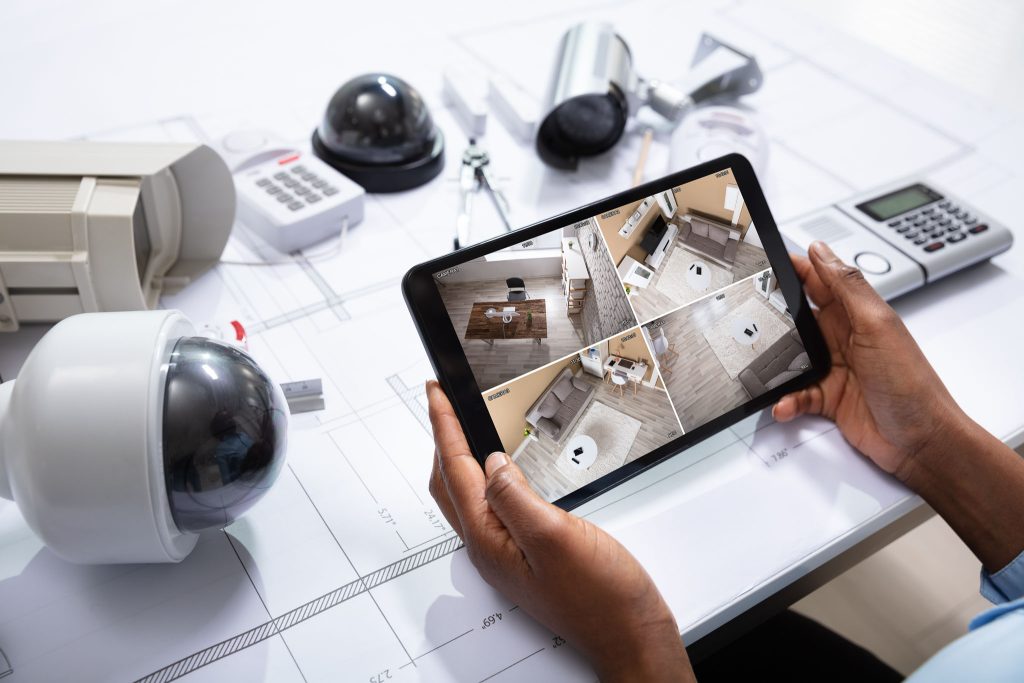

Smart Solutions for Modern Living
Smart homes have changed modern living by making it easier to manage energy usage and security. With advanced devices and automated systems, they help homeowners cut energy costs, enhance safety, and enjoy a more convenient lifestyle. The combination of efficiency and control makes smart homes a worthwhile investment for the future.
Working with well-known brands can make a significant difference when building a smart home. Reliable brands offer high-quality equipment, innovative technology, and dependable support, ensuring your smart home is not only efficient but also built to last.
WE SAID THIS: Don’t Miss…Six Benefits for Installing a Security System in Your House


